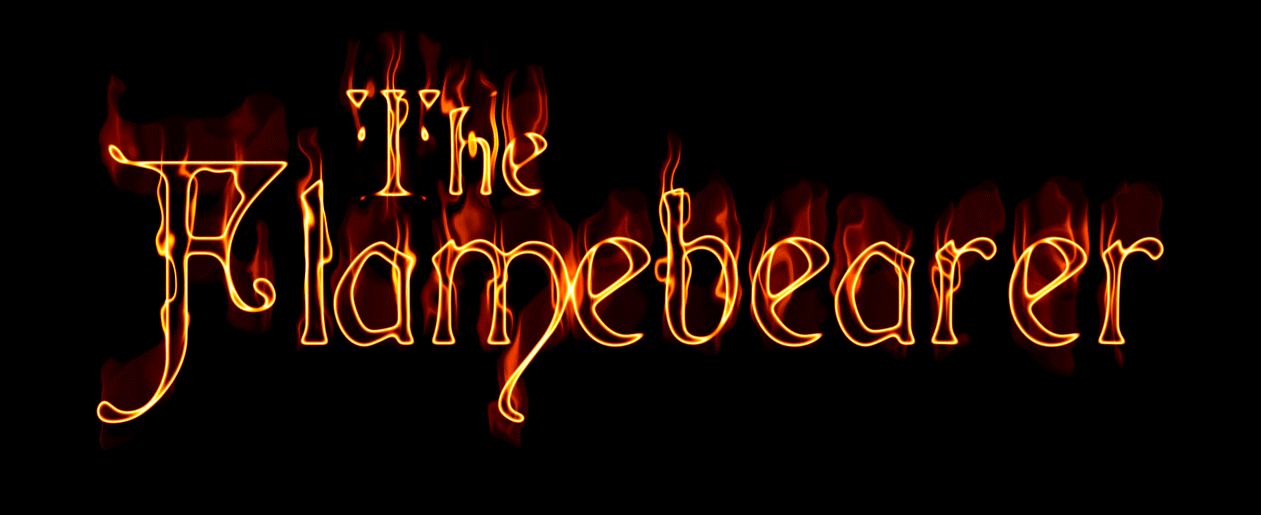
The Welsh language uses a few letters not found in English:
ch, as in Johann Sebastion
dd, as in the English "them"
ff, like the English f
The Welsh single f like the English v
The famous Welsh double l, something like "thl"
The Welsh c is always hard, as in care
The Welsh g likewise, as in garden
The vowel w sounds sometimes like the oo in book, sometimes as in loom
The vowel i sometimes sounds like the e in me, sometimes like the i in will
The vowel u sounds more or less like the vowel i
The vowel y sounds sometimes like the u in sum, sometimes like the i in slim
The emphasis is generally on the penultimate syllable
Ciaran: KEY-r'n (Don't forget to roll the r)
Robyn (as in the English Robin)
ap Gryffin: ap GRIFF-in ("ap" means "son of", like the Irish "O'" or the Scottish "Mac or Mc")
Ifanwy: ee-VON-wee
Evaine: ee-VANE
Gwylim: Goo-WILL-im (William) bach (just as in J.S. Bach, a diminutive endearment meaning "little" "small", or "junior")
Rhiannon: Rhee-ANN-on (the name of a well-known Welsh horse goddess)
Tomas: TOM-us (Thomas)
Gwenllian: GWEN-thlee-an
Dafydd: DAV-ith (as in have, soft th, as in then; means "David")
Hywell ap Gruffydd: HOW-ethl ap GRIFF-ith
Iolo: YO-lo
The Bruce: Just as in English, but with a pronounced rolling "r"
Bwcca: BOO-ka (rhymes with "hookah")
y Draig Goch: ee - THRIGH - goch (The Red Dragon)
Cymru: CUM-ree (countrymen) Cymro: CUM-ro (Welshman)
Caer Blaen: cayr-BLINE
Castell y Arberth: cas-TETHL ee AR-birth (Nar-berth)
Dolwydellan: dol-wi-DETHL-lan
Dygannwy: di-GAN-wee
Gwyllion: GWITH-lee-on
Annwn: Ah-NOON
Gwragredd Annwn: Goo-WOG-reth Ah-NOON







